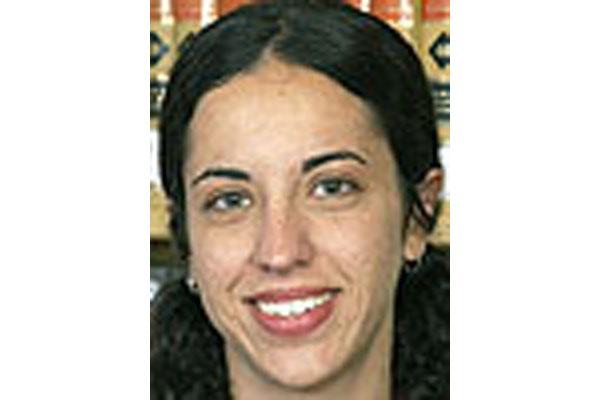Cohen Wins Competitive Radcliffe Fellowship

Mershon affiliate Amy Cohen has been selected as a Radcliffe Institute Fellow for the 2013-14 academic year. This extremely competitive program provides a one-year fellowship at the Radcliffe Institute for Advanced Study at Harvard University and supports outstanding research projects in a variety of disciplines.
Less than five percent of applicants are accepted. Past Radcliffe Fellows have included Pulitzer Prize winners, Tony Award winners, leading physicists, future MacArthur fellows, and a future U.S. senator.
A creative and cross-disciplinary scholar at the Moritz College of Law, Cohen studies dispute resolution, democratic governance, and economic and social development, often from a transnational perspective. During her time as a Radcliffe Institute Fellow, Cohen will work on a project that examines what is at stake when developing countries regulate their food markets around the imperatives of large supermarket chains.
Cohen spent five months in India studying this phenomenon as it was unfolding on the ground, interviewing farmers, traders, corporate leaders, policymakers, small and large retailers, and middle-class consumers in the east Indian state of West Bengal about how retail corporations are attempting to reshape how food is produced and consumed in the “new” India. During her time in India, she also taught at the West Bengal National University of Juridical Sciences in Kolkata, India as a Fulbright-Nehru Visiting Professor.
In September 2012, the Indian Cabinet reversed its longstanding exclusion of foreign direct investment (for example, Wal-Mart Stores Inc.) in food retailing despite significant political opposition. At the same time, Indian business conglomerates have invested billions in developing their own retail outlets, often with global chains as consultants. Cohen is especially interested in studying how large supermarket chains stand to change supply chains.
“We typically think of supermarkets as catalyzing changes in retail, but supermarkets aim to transform supply chains in fundamental ways: transforming fragmented networks of farmers, brokers, agents, and traders into highly rationalized sourcing systems that drastically limit the number of participants in market exchange,” Cohen said. “In a country where retail (and mostly small-scale retail) is the second-largest employer after agriculture (and mostly small-scale agriculture), supermarkets stand to have significant effects on future opportunities for capital accumulation and, with it, the social well-being for millions of Indians.”
Cohen’s publications have appeared in peer-reviewed journals such as Law and Social Inquiry, Law, Culture, and the Humanities, the Political Journal of Legal Anthropology, and Contemporary Pragmatism, as well as law reviews, such as the Wisconsin Law Review, the Fordham Law Review, the Harvard Negotiation Law Journal, and the Ohio State Law Journal, among others.
Besides serving on several Mershon faculty committees, Cohen received a 2007-08 grant for her project “Resistance and Rule of Law: A Critical Assessment of Law and Development Practice in Nepal.”
